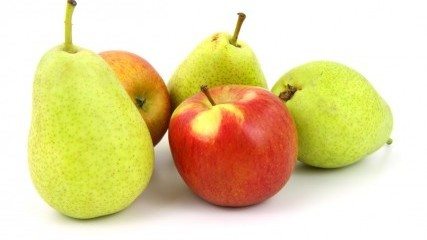Subscribe to our newsletter
Receive news and benefits on health and wellness.

SHA Magazine SHA Magazine
There is a general belief that “we must eat a lot of fruit” because “fruit is good for health.” But are all fruits good for our health? How many pieces of fruit a day should we eat? Should we adapt the fruit we eat to the season? Healthy nutrition expert Isabel Moreno answers all these questions about fruit in a healthy diet.
The World Health Organization recommends eating 5 pieces of fruit and vegetables a day, but it depends on each person´s needs and type of diet. We advise you to consume more quantity of vegetables than fruit because vegetables provide many vitamins and have a lot less sugar. However, for people who eat a lot of protein (especially animal protein), it is advisable to eat lots of fruit since fruits help balance and alkalize your body, while in people with a clean diet based on vegetables and whole grains, fruit is not as necessary and it may end up weakening our health.
If we eat fruit, is much more advisable to choose local and seasonal fruits. Nature is wise and gives us what we need wherever we are. Eating pineapple in a tropical country makes sense, since in addition to freshening ourselves up, the excess potassium that pineapple has will be removed easily in a hot country. However, consuming this fruit in a cold country during the winter is meaningless. The consumption of tropical fruits in winter promotes heat loss from the body.
In our post on how to prevent hair loss, we explained that excess of ”yin” food as fruit could cause increased hair loss. This does not mean that eating fruit is incorrect, since fruit is a good source of vitamins and enzymes, but we have to take several things into consideration, especially fruit origin since, taking fruits of tropical origin can promote shortage of hair in some people.
In winter there is less seasonal fruit and usually our options are reduced to apples, pears, bananas and citrus, and the latter are not particularly recommended because they are too acidic for most organisms. Today it is common to find fruit from other areas of the world such fruits like pineapple, papaya and custard apple, but it is much healthier if we limit only to local organic fruit.
Increase consumption of vegetables
If we want to reduce the consumption of fruit in winter, when there is little seasonal fruit, we can increase the intake of vegetables. Vegetables are a rich source of vitamins and minerals, and usually contain much larger amounts than fruit. For example broccoli, cabbage or parsley have more vitamin C than oranges. Most sources of vitamin B are found in grains, legumes and green vegetables, not fruit , the same occurs with vitamin A or E
Related posts
Receive news and benefits on health and wellness.
